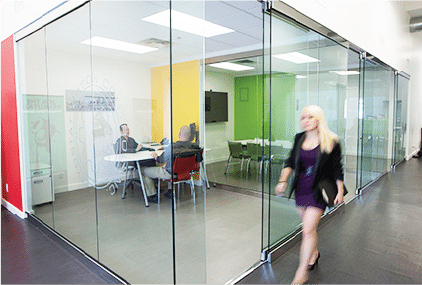Personalized workspace design has emerged as a vital factor in enhancing employee productivity and satisfaction. By tailoring work environments to individual needs, organizations can significantly improve overall workplace morale and effectiveness.
Enhanced Productivity
Personalized workspaces can lead to increased productivity.
When employees feel comfortable and supported in their work environment, they tend to perform better. Personalized elements such as adjustable desks, proper lighting, and preferred colour schemes can minimize distractions and increase focus. Moreover, having control over workspace arrangements empowers employees, allowing them to optimize their immediate surroundings for specific tasks. This tailored approach can lead to more efficient work habits and a stronger output, ultimately benefiting the organization as a whole.
Improved Employee Well-Being
Customizing workspaces contributes positively to mental and physical health.
A personalized workspace can significantly influence an employee’s well-being by reducing stress and promoting comfort. Elements like ergonomic furniture and personal dcor can enhance physical health, while inviting environments can foster a sense of belonging. Such spaces encourage employees to take breaks or engage in relaxation techniques which are crucial for mental health. By prioritizing employee wellness through thoughtful design, organizations can cultivate a more dedicated and resilient workforce.
Boosted Creativity and Innovation
Personalized spaces stimulate creativity and innovative thinking.
Employees often feel more inspired and engaged when they are surrounded by elements that resonate with them personally. Customization options that include unique desk setups, collaborative zones, and creative breakout areas can lead to brainstorming sessions and idea sharing. This flexibility fosters an atmosphere where new concepts can flourish and innovation becomes part of the workplace culture. Tapping into an employees creativity through workspace design can ultimately lead to product enhancements and novel solutions to challenges.
Stronger Employee Engagement
Personalized work environments lead to higher levels of employee engagement.
Engaged employees are more likely to be committed to their work and motivated to contribute to their organization’s success. When individuals can adapt their workspace to suit their preferences, they feel valued and recognized by their employers. This sense of empowerment can foster loyalty and decrease turnover rates. Furthermore, a vibrant and personal work setting encourages collaboration and teamwork, reinforcing a strong sense of community within the workplace.
Enhanced Collaboration Opportunities
Personalization in workspace design promotes better teamwork and collaboration.
Customizing shared spaces to facilitate collaboration can lead to enhanced communication among employees. Designing areas with both private and open space options allows teams to choose how they wish to interact. Personalizable features such as movable furniture and technology integration can streamline group projects and enhance brainstorming sessions. This balance of personalized and collaborative spaces supports a culture of synergetic teamwork, driving collective success and productivity.
Increased Job Satisfaction
Thoughtfully designed workspaces lead to greater employee job satisfaction.
When employees are allowed to shape their environments, they develop a greater affinity for their workplace. Customization options can make employees feel like their needs are understood and prioritized, leading to increased morale. Job satisfaction is closely linked to employees comfort and happiness in their work surroundings, influencing their performance and motivation levels. A satisfied employee is more likely to contribute positively to the workplace, enhancing both individual and collective outcomes.
Attraction and Retention of Talent
Personalized workspace design can serve as a critical factor in attracting and retaining talent.
In todays competitive job market, organizations that offer customizable workspaces may find themselves more appealing to potential employees. A workplace that prioritizes personalization signals a commitment to employee welfare and inclusivity. It not only increases the chances of attracting top talent but also enhances retention rates as employees appreciate their personal input and the consideration of their individual needs. Recognizing and accommodating personal preferences can lead to a more robust employer brand.
In summary, personalized workspace design offers numerous benefits that extend from individual employee well-being to enhanced company performance. Organizations that embrace personalization in their office design are likely to witness improvements in productivity, creativity, and employee loyalty, ultimately leading to a more successful workplace.

